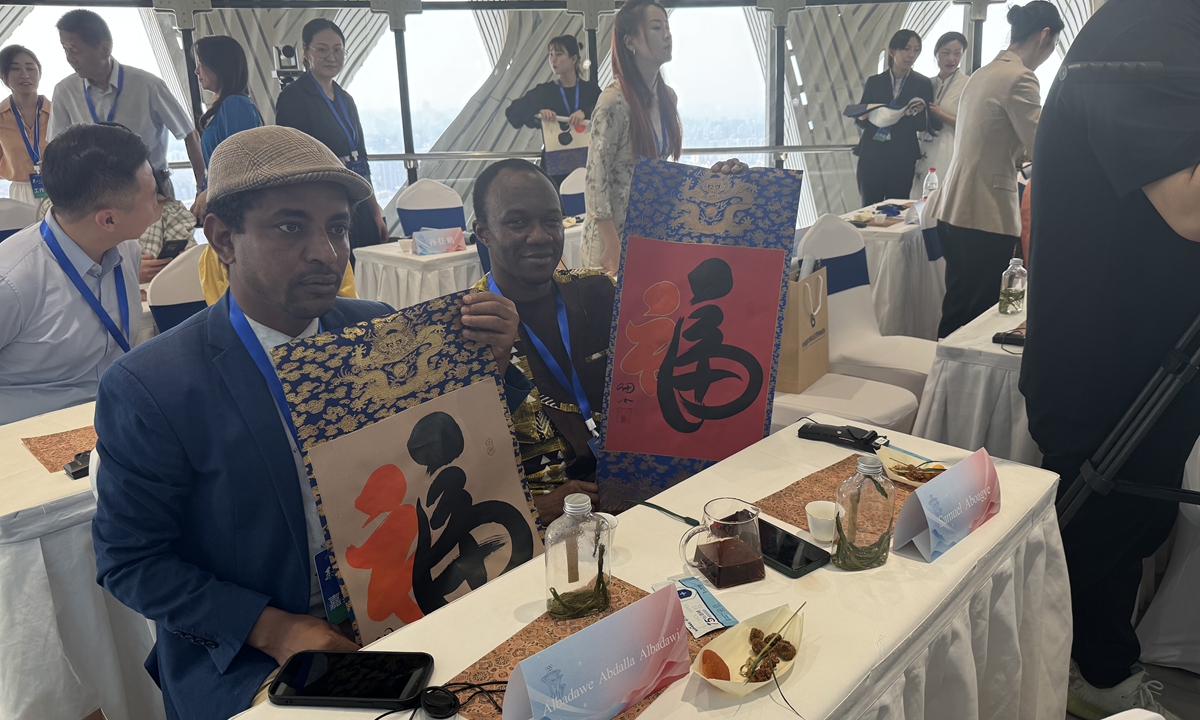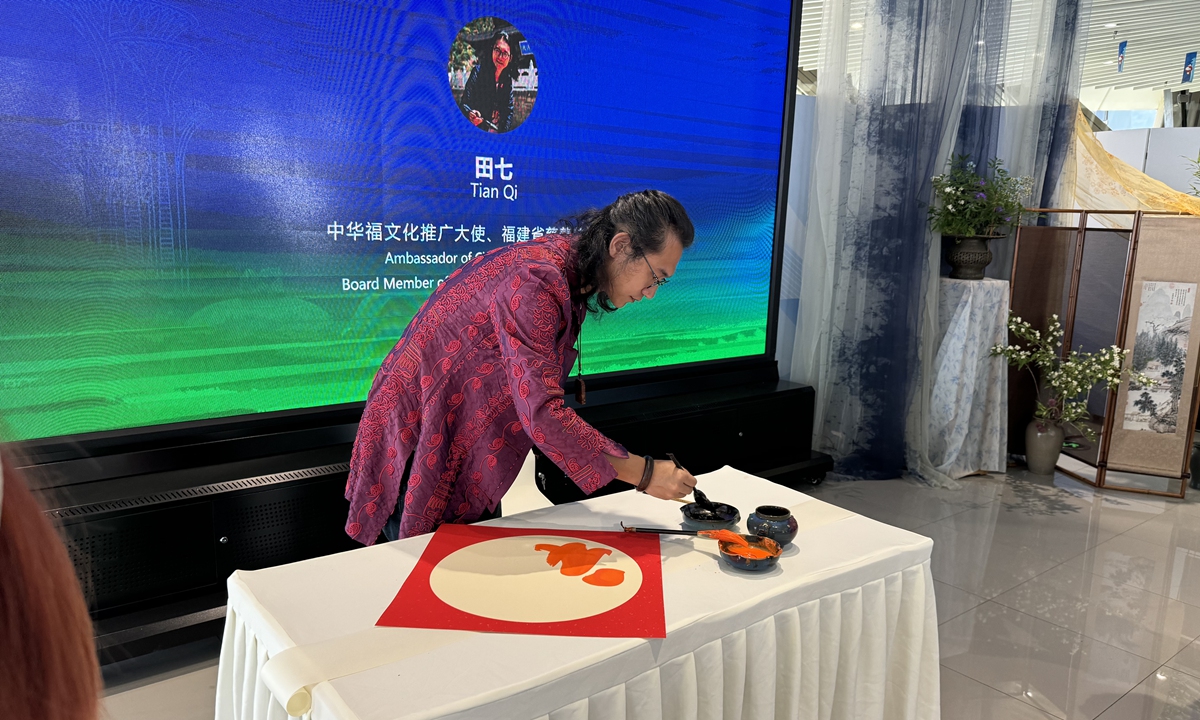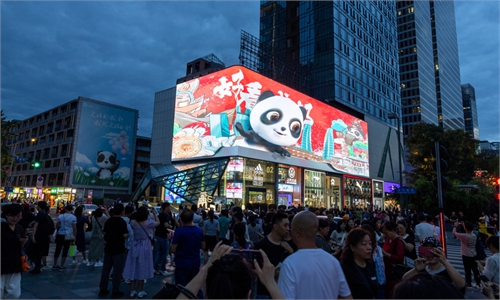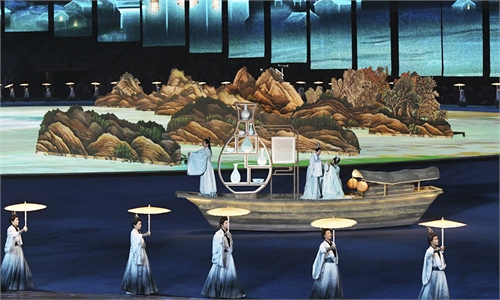
Photo: Bi Mengying/GT
As established by the United Nations in 2019, the International Tea Day is celebrated on May 21 every year with the aim to raise awareness about the importance of tea in various cultures and its economic impact globally.
The China Institute for Innovation and Development Strategy (CIIDS) hosted a cultural exchange event titled "Tea and the World: Dialogue with Africa" in Beijing on Tuesday. Diplomatic envoys, African international students in China, and cultural ambassadors gathered at the event to share their thoughts about tea culture and experienced various forms of tea art such as Tang Dynasty (618-907) tea roasting and Song Dynasty (960-1279) tea brewing.
"Tea has become a cultural bridge transcending national boundaries," said Shan Wei, a member of the CIIDS Academic Committee and director of the International Centre for Cultural Exchange and Research at CIIDS.
Originating from China, tea belongs to the world. Continuing to serve as a messenger of peace and friendship, it promotes communication and exchanges among different cultures and civilizations, Shan noted.
Photo: Bi Mengying/GT
Cai Yuanyuan, a deputy director of the International Centre for Cultural Exchange and Research at CIIDS, told the Global Times that tea culture has been gaining in popularity and influence globally. The increasing numbers of Chinese milk tea shops overseas, or the Chinese tea bags provided in high-end hotels in Europe and North America, are just some examples of the branding and internationalization of Chinese tea products and culture.
Tea serves as a unique cultural symbol in China, initially used for medicinal purposes and gradually integrated into the daily life of the Chinese people since ancient times. Tea has become an important symbol of Chinese civilization and significant carrier for traditional Chinese culture.
Tea and coffee are the two most important beverages in the world. Tea culture is gradually making its way into Africa, a region known for its coffee production.
"In recent years, with the continuous deepening of China-African relations, tea and coffee, two regionally distinctive beverages, have begun to generate wonderful chemical reactions among young people in China and Africa. More and more Chinese youths are starting to taste African coffee, experiencing its unique flavor and charm. Meanwhile, African youths are gradually drawn to Chinese tea culture, beginning to explore the world of tea," said Zhou Yefan, founder of the China-Africa Youth Federation.
Zhou told the Global Times that today, tea culture has entered the lives of young people in new forms, with various types of milk tea, cold-brewed tea, and exquisite tea packaging featuring traditional Chinese cultural elements such as the 24 Solar Terms.
Among the intertwining aromas of tea and coffee, young people from China and Africa are coming to understand each other's cultural history and values, establishing friendships, he added.



